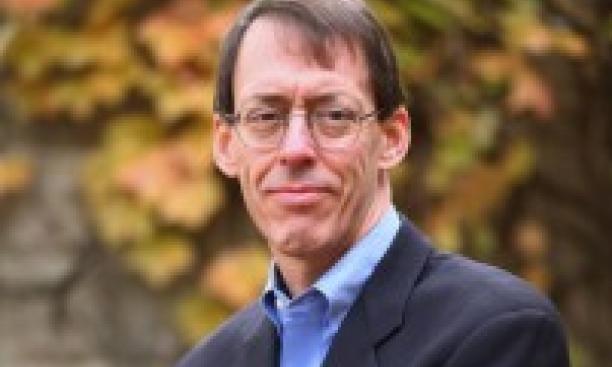

In 2014, first lady Michelle Obama ’85 told a group of students “to never, ever listen to the doubters,” and cited a moment from her undergraduate years to illustrate her message. She recalled a Princeton professor whose class she had aced telling her, “You’re not the hottest thing I’ve seen coming out of the gate.” Wounded, she decided “that I was going to do everything in my power to make that man regret those words,” she said. Obama worked doubly hard for him as a research assistant and eventually won his praise, concluding that she had shown “not just my professor, but myself, what I was capable of achieving.”
That anecdote is one of many in Michelle Obama: A Life by Peter Slevin ’78. The book is a comprehensive account of her life, from her childhood in a working-class, largely segregated Chicago neighborhood to her role as “the unlikeliest first lady in modern history,” according to Slevin. A former Chicago bureau chief for The Washington Post who began reporting on Obama during her husband’s run for the presidency in 2007, Slevin is a professor at Northwestern University’s Medill School of Journalism.
The book takes a detailed look at Obama’s parents and extended family, and devotes a chapter to her years at Princeton, of which she once said, “As a black girl from the south side of Chicago, I wasn’t supposed to go to Princeton, because [my high school counselors] said my test scores were too low.” Slevin interviewed Obama twice during her husband’s 2008 campaign but did not speak to her for the book. He interviewed her friends, relatives, colleagues, professors, and mentors.
Friends describe Obama as “the most strategic person they have ever met,” Slevin told PAW. “She tends to prepare assiduously for everything. She’s very disciplined. She likes control.”
As the first African American first lady, Obama arguably has received more attention than previous presidential wives, but, Slevin says, “She has not called attention to the fact that many of the people she is trying to help are disadvantaged Americans, particularly children of color.” The initiatives she has chosen — promoting health and nutrition, helping military families, and, most recently, encouraging students to continue their education beyond high school — target a class of Americans with fewer advantages, he points out.
Slevin says Obama is thinking about her post-White House life. He writes, “Privately, she once mused that when she left the White House, she would be just like Barbara Bush. She paused for comic effect as her guests conjured the unlikely image. Because you’ll start wearing three strands of pearls? one perplexed friend asked. No, Michelle laughed, because I’ll be able to say whatever the hell I want.”
